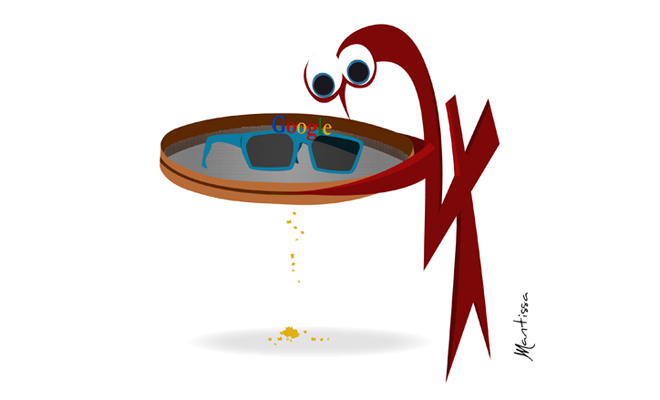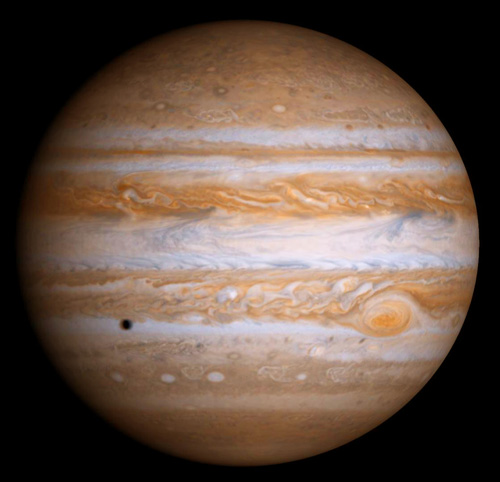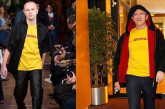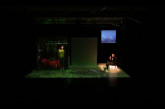
Fra le pagine di questo ultimo numero di D’ARS, dalle riflessioni sul funzionamento e l’“autorialità” di Wikipedia, a quelle su protesi artificiali sempre più integrate al nostro corpo come i prossimi Google glass (con cui condividere video e fotografie scattate direttamente dai propri occhi senza l’ausilio di mezzi “esterni”) emergono numerosi spunti di pensiero circa la crescita individuale e collettiva che da tutto ciò deriva… L’apertura, lo scambio, la condivisione di idee immagini e stati d’animo sono oggi alla portata di molti grazie a dispositivi di comunicazione sempre più sofisticati, programmi e spazi virtuali di ogni sorta. Si intravedono potenzialità illimitate, infinite possibilità di nuove conoscenze e una partecipazione attiva alla costruzione di reti sociali e culturali in cui riconoscersi; un prolificare vario e variopinto di canali di espressione in cui far scorrere sogni, aspettative, riscatti, gioie e dolori; insomma una portentosa risposta all’innata fame di stimoli ma anche di riconoscimento, gratificazione, conferme affettive, a seconda del canale in cui infilarsi o del luogo da abitare o…colonizzare (?).
Ma pensiamo ai nostri archetipi, ovvero all’ampia gamma di simboli, immagini, temperamenti e comportamenti umani tanto radicati nel DNA di ognuno da esser diventati modelli universali. Come si è ormai capito, sin dall’antichità essi furono proiettati ciascuno su elementi esterni come il sole la luna la terra i fulmini eccetera e successivamente sui potenti e scalmanati dèi dell’Olimpo affinchè, piazzati in un alto regno, ci ricordassero con immagini grandiose e altere la loro presenza da rispettare e venerare. È interessante sapere che fu proprio Giove, il grande Zeus greco, con tutte le caratteristiche che tanto ricordano la “fame” di cui sopra, a guadagnarsi il podio come dio degli dèi… (…)

The pages of this latest edition of D’ARS, with reflections ranging from the “authorship” of Wikipedia, to artificial prosthetics that are increasingly integrated into our bodies, such as the Google glass (which enable us to share photos and videos taken directly with our eyes and without the use of any “external switch”), provide a great stimulus for considerations on the results of all this individual and collective growth. Increasingly sophisticated programmes, virtual spaces and modes of communication mean that openness, exchange, the sharing of ideas, images and moods increasingly common phenomena. There are glimpses of unlimited potential; infinite possibilities for new knowledge and an active participation to the construction of social and cultural groups to identify with; a cornucopia of colourful and varied channels through which we can express our dreams, expectations, redemptions, joys and pain; in short, a prodigious response to our innate hunger for stimuli, but also for recognition or gratification, depending on the chosen channel or inhabited (or colonised?) space. However, let’s consider our archetypes: the vast range of symbols, images, human behaviours and temperaments that are so deeply imbedded within our DNA that they have become universal templates. As we already know, since ancient times, they have been projected on external elements such as the sun, the moon, the earth, thunder (and so on) and successively on the powerful and unruly Olympian gods. Placed in these new realms, their grandiose and haughty images reminded us of their presence, so that we could respect and venerate them. It is interesting to know that it was Jupiter, the great Zeus himself, with all the “hunger” characteristics listed above, to earn the title “god of gods”. (…)
Viola Lilith Russi
D’ARS year 53/nr 215/autumn 2013 (abstract dell’articolo)




